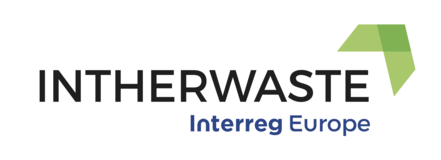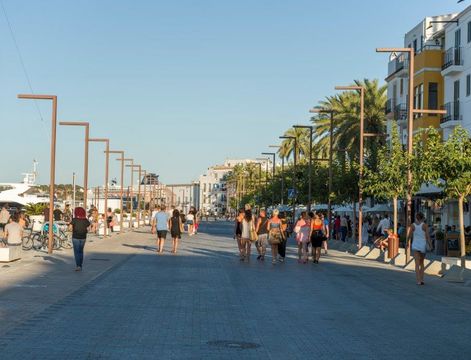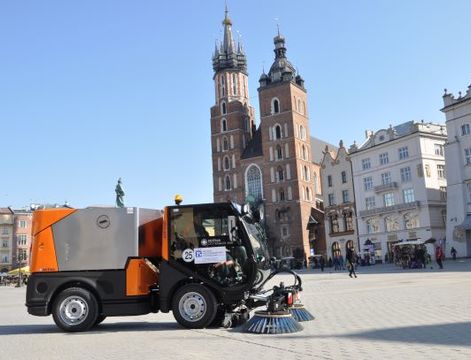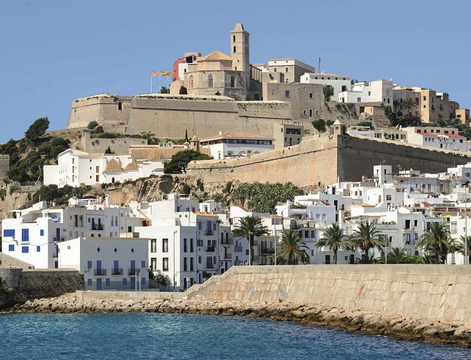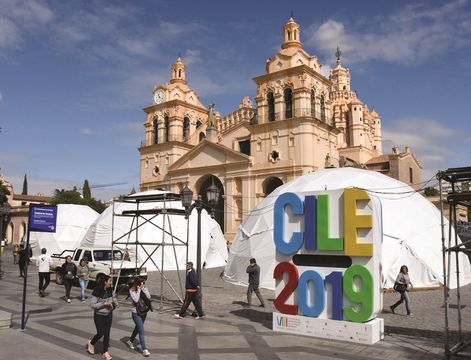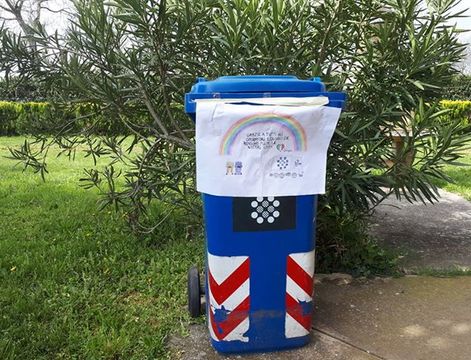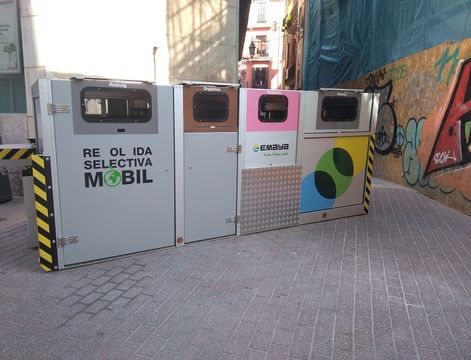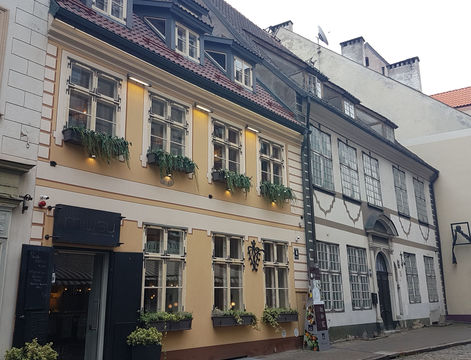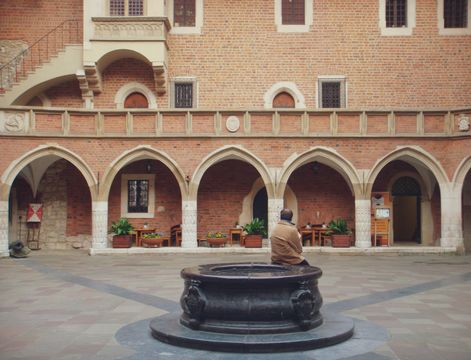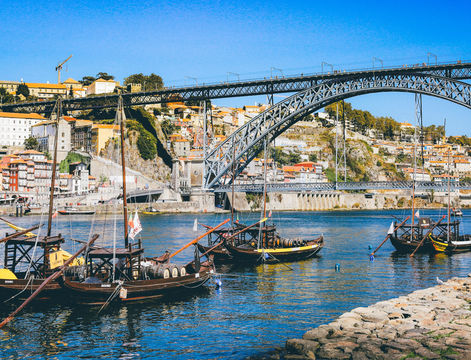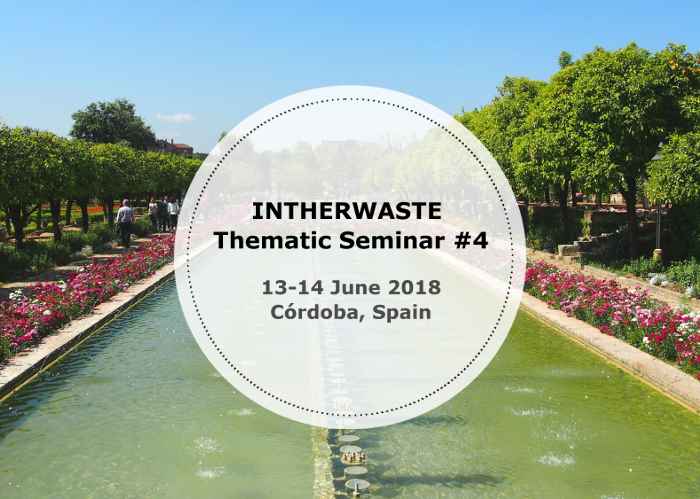The City of Porto is one of Europe's oldest tourist destinations. It grew from the top of a hill overlooking the Douro River and its Heritage area has narrow, winding and sloping streets which gives it a unique charm.
Porto has around 215,000 inhabitants, covering an area of approximately 42 km². However, Porto is exposed to a daily inflow of people who comes to the city to work and study. Additionally, the number of tourists visiting the city has increased drastically in the last years. Due to all these factors, a number of 500,000 people have to be considered when addressing waste management issues in the city.
Regarding the waste production, in 2016, 135,769 tonnes of municipal waste were generated in Porto, 26% of which were collected in a selective way. In this same year, the municipality of Porto overcame the recycling goals established in the national legal framework for waste management. It is currently developing several projects in order to reach the national objectives legally imposed in the scope of the EU Waste Framework Directive.
The municipality of Porto is responsible for waste management in the city. In the central area of the city, including the Heritage area, the waste collection and urban cleaning operations are executed directly by the municipal services. In the remaining areas of the city, these services are executed by two private companies, under the guidance of the municipality. However, a change in the waste management paradigm is about to occur: in the next years, the municipality of Porto will take on the execution of the selective collection in the entire city, embracing the most important component of the waste management system and focusing all its efforts in promoting the selective collection. The unsorted collection and urban cleaning services will be executed by private companies.
The urban structure characteristics of the Heritage City Centre and the high pressure of tourism and economic activities in the area represent many challenges for waste management. To overcome these difficulties, the municipality has been developing and implementing several solutions for the integration of the waste management system in the heritage area. One of the most important works developed in the area is the door-to-door selective collection in the commercial sector. By collecting the waste directly in the main waste producers the municipality was able to minimize the pressure over the street containers and adjust the waste management system, creating a better integrated solution. The implementation of this system also improved the separate collection performance, increasing significantly the amount of sorted waste that is recovered.
Chasing a more efficient and sustainable position related to waste management, several projects and solutions are currently being studied, developed and implemented in the city of Porto.
